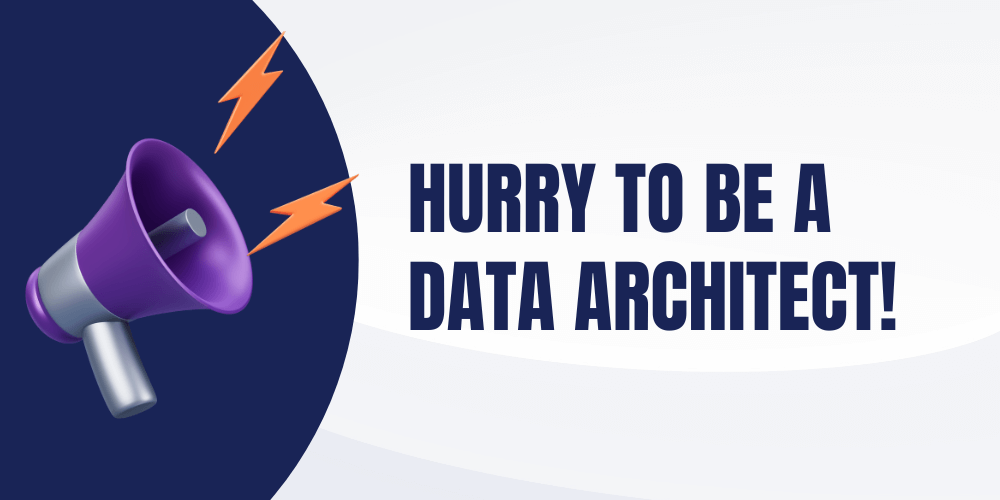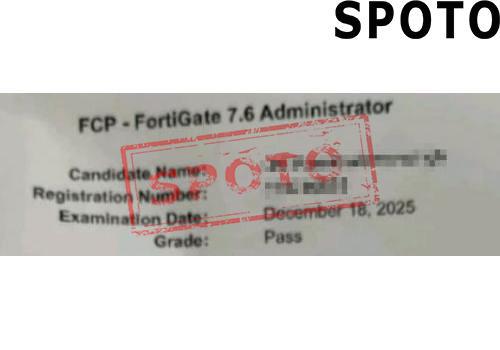
Table of Contents
This article provides an overview of the Data Architect, explains the DA profession in detail, and describes what is necessary to become one. By reading this article, you will gain an in-depth understanding of the profession of Site Reliability Engineer.
1. What is a Data Architect?
Data architects are technical experts specializing in GCP data services, responsible for designing end-to-end data system architectures within the GCP ecosystem. Their core goal is to align business needs with the features of GCP data services to design efficient, scalable, secure, and cost-optimized data architectures. This supports the entire data lifecycle, from acquisition, storage, processing, analysis, and application, ultimately enabling data-driven business decisions.
Data architects' work revolves around implementing best practices for GCP data services. Therefore, data architects need to understand core business needs for data and be proficient in the features of GCP's various data services. This allows them to design solutions that adapt technology to the business and support growth through architecture. They serve as a bridge between business needs and GCP's technical capabilities, and they plan the long-term evolution of data systems.
2. Responsibilities of a Data Architect
Data architects' responsibilities include data architecture design and planning. They are responsible for designing the overall data architecture based on business objectives and clearly defining the data flow path from data sources to GCP storage, processing, and analytics layers. Next, data architects develop a data architecture evolution roadmap to ensure the architecture supports business growth and allows for technology upgrades. Data architects also select the best GCP services based on the scenario, implement real-time streaming data processing, data scheduling, and workflows, evaluate inter-service integration to avoid technology silos, and design data models and processes.
Furthermore, data architects are responsible for designing security and compliance architectures. This includes building a data security system based on GCP security tools to encrypt and protect sensitive data, optimizing performance and costs, optimizing data processing performance, selecting appropriate storage types, and monitoring resource consumption through GCP cost management to avoid waste. Cross-team collaboration and standards-setting skills are also key hallmarks of a successful data architect. This includes collaborating with data engineers to translate architectural designs into workable technical solutions and ensure consistent implementation. They also communicate with business teams to understand data requirements, translate them into architectural design constraints, and establish data architecture standards to ensure efficient team collaboration.
3. How much does a Data Architect Make?
Salaries for data architects, particularly those specializing in GCP data services, vary widely, influenced by factors such as location, experience, industry, company size, and technical expertise.
According to data, entry-level data architects can earn between $80,000 and $120,000 per year.Mid-career data architects with three to eight years of experience can earn between $120,000 and $180,000 per year, while senior data architects with more than eight years of experience and in leadership positions can earn upwards of $180,000 to $250,000 per year.
In regions like North America, Western Europe, and Australia, salaries are typically higher due to the demand for cloud-native expertise. For example, in Silicon Valley, data architects specializing in GCP can earn annual salaries exceeding $200,000 working for tech giants like Google or Fortune 500 companies.
GCP expertise is highly sought after due to its increasing popularity in cloud-native and AI-driven enterprises. GCP Professional Data Engineer or GCP Professional Cloud Architect certification holders typically command 10-30% higher salaries globally. Companies using GCP's BigQuery, Dataproc, or Vertex AI prioritize architects with practical experience designing scalable data pipelines and analytics platforms.
Different industries also influence data architect salaries. For example, the tech and internet sectors command the highest salaries due to the high demand for cloud computing and AI expertise. For example, GCP data architects at top Chinese tech companies like Alibaba and Tencent earn 30-50% more than their counterparts in traditional industries.
From a company size perspective, large multinational corporations often offer higher salaries and benefits, while startups and SMEs offer lower base salaries but may offer equity or rapid growth opportunities. Therefore, candidates can choose a company's industry and size based on their individual needs.
Additionally, professionals with mastery of the GCP technology stack, cross-cloud capabilities, and emerging technologies, as well as expertise in AI or machine learning integration, real-time streaming, or data lake design, can receive additional rewards. Earning a GCP Professional Data Engineer, CISSP, or CDPSE certification can enhance your credibility and network, as can joining a GCP user group or attending Cloud Summits to stay informed about the latest trends. Highlighting GCP-related achievements during salary negotiations can all have an impact on a data architect's salary.
Region also plays a significant role in salary: North America, with Silicon Valley being particularly strong, offers some of the highest salaries globally. European salaries are competitive, but generally lower than those in the US. Asia-Pacific is experiencing rapid growth in China and India, while salaries in Australia and New Zealand are relatively high.
4. What Are the Qualifications to Become a Data Architect?
(1) Technical foundation
Be proficient in the principles, applicable scenarios, and limitations of GCP data services, and be able to prescribe the right solution based on business needs.
(2) Data Modeling Skills
Understand the characteristics of structured, semi-structured, and unstructured data, master data warehouse modeling methods such as star schema and snowflake schema, and be able to design efficient storage structures.
(3) Distributed System Cognition
Understand concepts such as distributed computing, stream processing, and data consistency, and cope with the challenges of large-scale data scenarios.
(4) Business Translation Skills
Translate vague business requirements into clear technical indicators.
(5) Cost and Risk Awareness
Find a balance between performance and cost, anticipate potential risks in the architecture, and design solutions to address them.
5. Similar Occupations of Data Architect
- Data Engineer
- Database Administrator (DBA)
- Data Warehouse Architect
- Cloud Data Engineer










